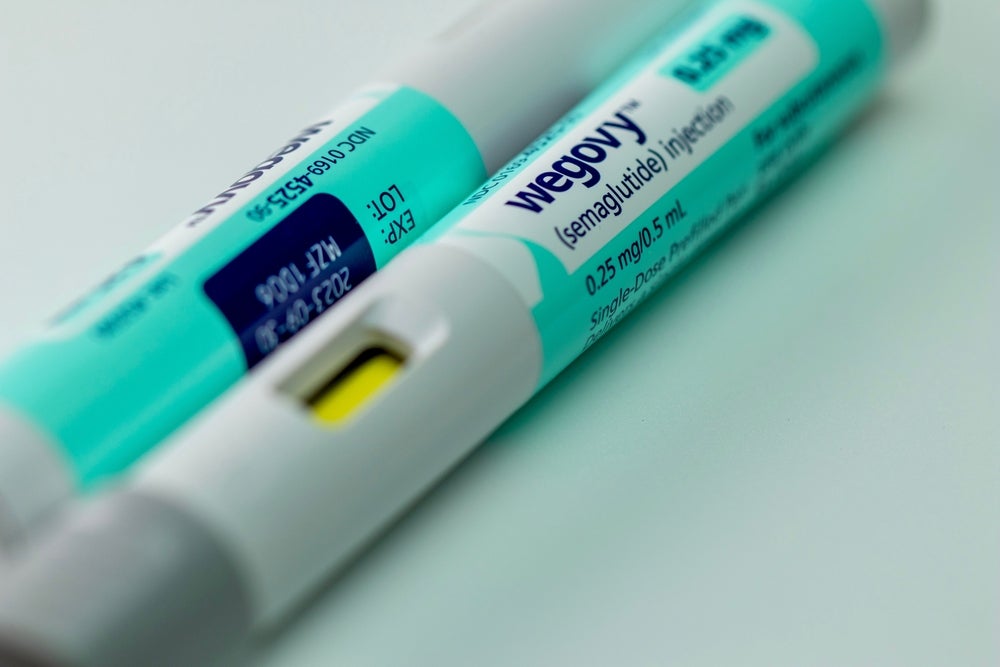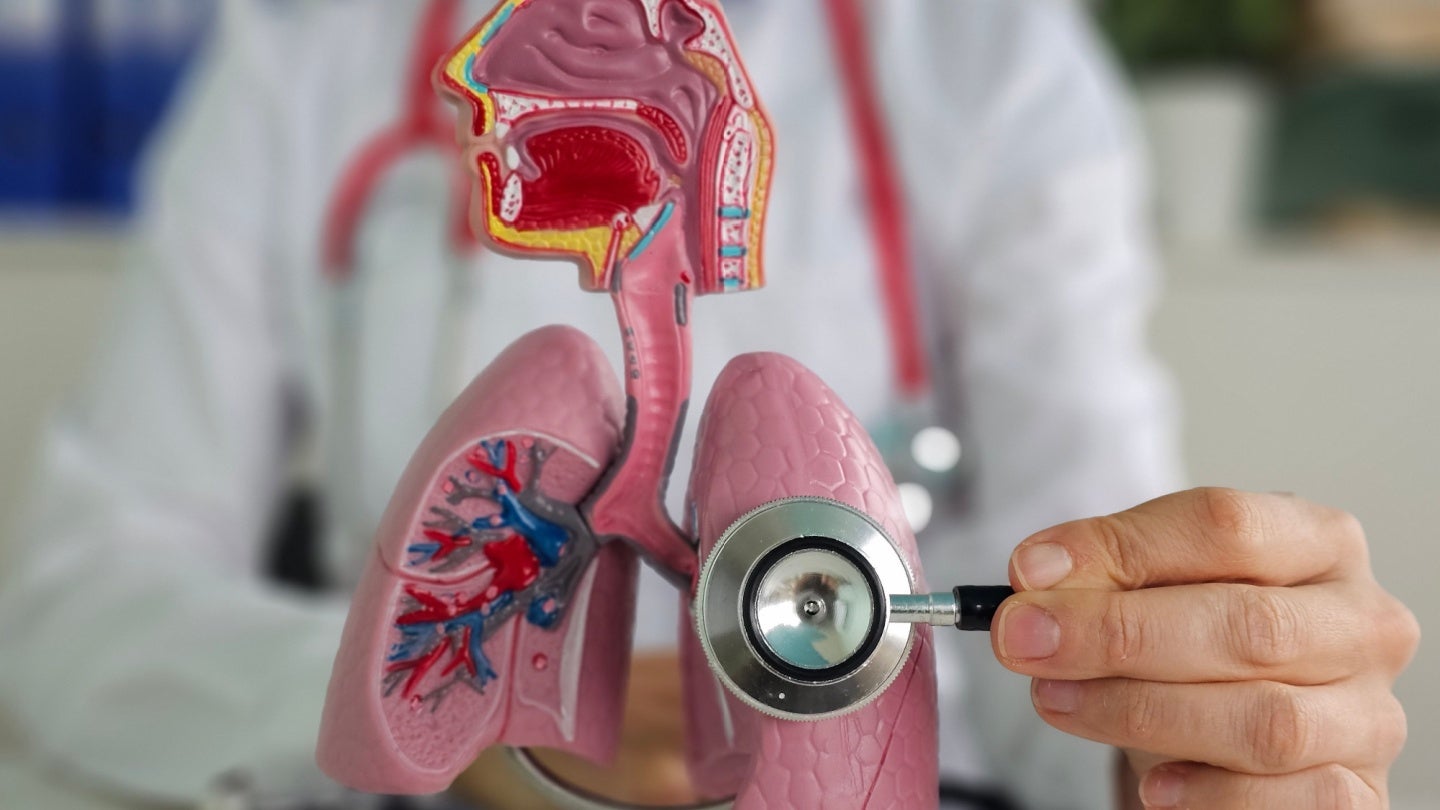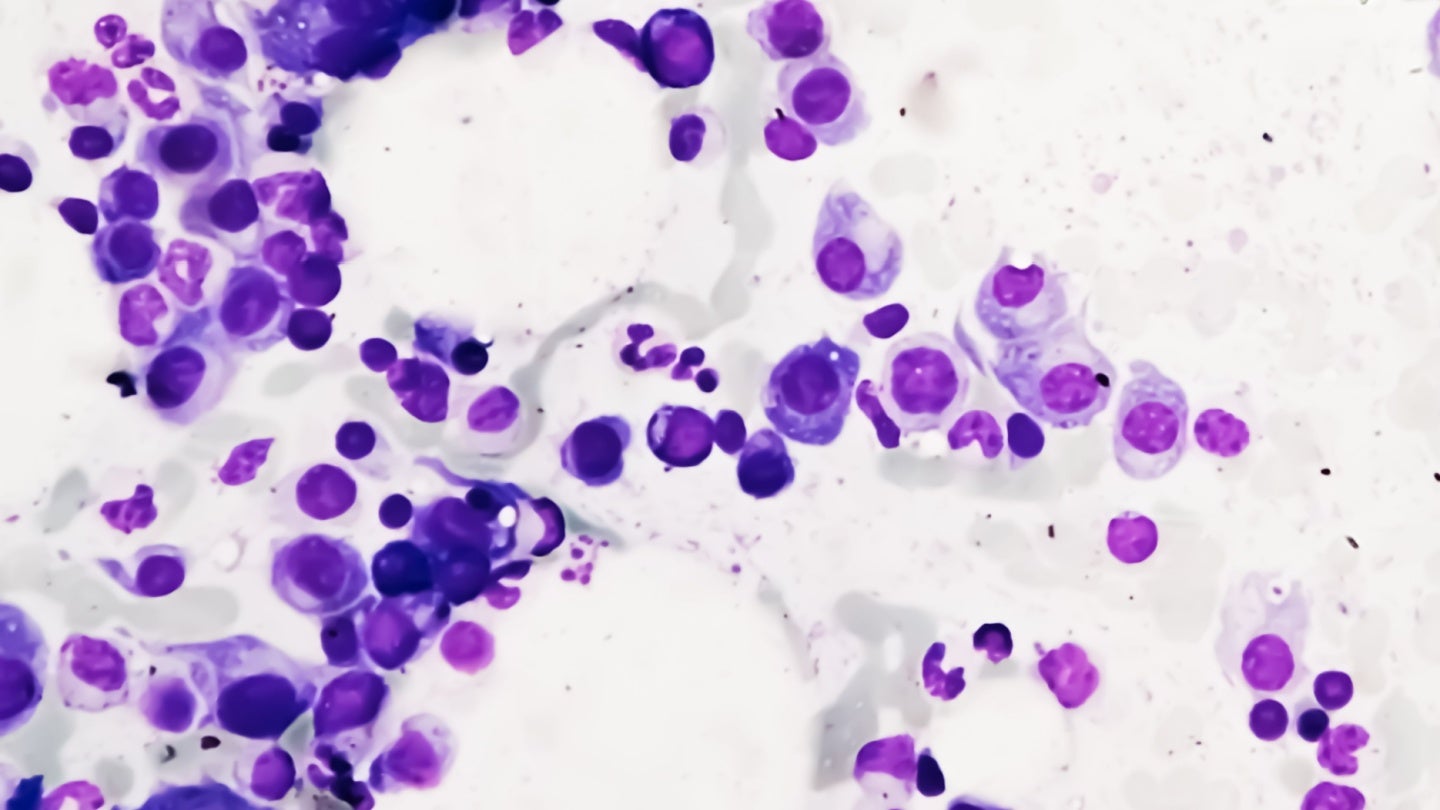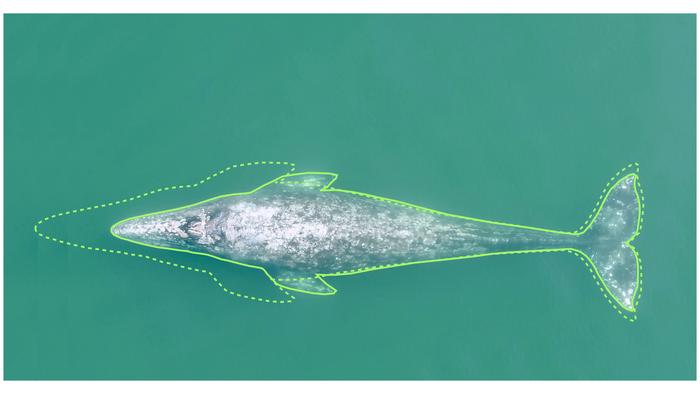New Study Investigates Bone Health in Women Aged 60 and Above
A new era in the pursuit of healthier aging and the prevention of bone-related ailments has emerged from cutting-edge research at the Hinda and Arthur Marcus Institute for Aging Research at Hebrew SeniorLife. The institute has initiated a groundbreaking clinical food trial that aims to explore the efficacy of a unique combination of probiotics and […]


A new era in the pursuit of healthier aging and the prevention of bone-related ailments has emerged from cutting-edge research at the Hinda and Arthur Marcus Institute for Aging Research at Hebrew SeniorLife. The institute has initiated a groundbreaking clinical food trial that aims to explore the efficacy of a unique combination of probiotics and prebiotics—known as BondiaÒ or SBD111—in promoting bone health among women aged 60 years and older. This significant study represents not only an advance in health sciences but also a potential pathway towards more effective dietary interventions for managing age-related bone density loss.
The trial has commenced with its first participants, marking a critical step forward in understanding how natural products can alleviate issues associated with osteoporosis and related conditions. Over the course of 18 months, the study will rigorously assess whether this synbiotic blend can influence metabolic processes that are critical to maintaining healthy bone density in older adults. Such investigations are crucial, given the rising incidence of osteoporosis in the aging population, particularly among women.
Osteoporosis is a silent condition that often goes undiagnosed until a fracture occurs, leaving many older adults vulnerable to serious health complications. Current statistics estimate that approximately 10 million Americans aged 50 and above are suffering from this debilitating disease. The issue is compounded by inadequate awareness and a lack of consistent guidelines for maintaining bone health in middle-aged and older adults. As a result, the financial burden associated with osteoporotic fractures, estimated at $17 billion annually, underscores the urgent need for effective solutions that address the root causes of bone density loss.
Dr. Shivani Sahni, the principal investigator of the study, emphasizes the significance of investigating the relationship between diet, inflammation, and gut microbiome health as they pertain to age-related bone loss. By delving into these underlying mechanisms, the research team hopes to uncover new insights that could lead to innovative dietary management strategies. Previous studies have hinted at the potential of probiotics and prebiotics in various health contexts, but their specific effects on bone health require comprehensive evaluation through this clinical trial.
Thoroughly designed as a randomized, double-blind, placebo-controlled study, the STARS trial is set to provide invaluable data on the feasibility and effectiveness of synbiotics in combating osteopenia and osteoporosis. With rigorous methodology in place, the research aims to establish a clear link between the intake of these beneficial compounds and improvements in bone health metrics. This is particularly pertinent considering the aging demographic, where the risk of fractures and related complications tends to escalate dramatically.
In light of the findings anticipated from this study, researchers are hopeful that the outcomes will not only confirm the therapeutic potential of dietary interventions but also pave the way for developing practical guidelines for older adults. These guidelines could elevate public health strategies while promoting enhanced quality of life among seniors. As the study progresses, every participant’s contribution will be crucial in shaping a framework that could potentially shift paradigms in how bone health is approached in aging populations.
The collaboration between the Marcus Institute and various esteemed institutions, including Beth Israel Deaconess Medical Center, Maine Medical Center, Solarea Bio, and Tufts University, highlights a collective commitment to advancing gerontological research. This multifaceted approach recognizes that addressing aging populations’ health challenges requires the synergy of various scientific disciplines and expertise. Each institution brings its unique strengths to the table, ensuring that the study is conducted with the highest scientific rigor.
Looking ahead, the implications of the trial extend far beyond immediate research outcomes. The hope is to inspire a new wave of scientific inquiry into the role of nutrition and the gut microbiome concerning aging. As the study unfolds and data are collected, the medical community will be keenly observing how this innovative strategy could redefine approaches to preventive care for older adults. By potentially harnessing the benefits of synbiotics, researchers could offer practical solutions that significantly enhance the lives of millions grappling with age-related bone health issues.
In culmination, investigations such as these reinforce the importance of taking proactive steps in health management as we age. As more individuals become involved in clinical trials, the knowledge gained will contribute to establishing a comprehensive understanding of how to maintain not only bone density but overall health into advanced age. This burgeoning field of research represents a hopeful intersection between traditional dietary strategies and modern scientific inquiry, creating a future where sustainable health is achievable for everyone.
For those interested in participating in such transformative research, opportunities are available to contribute to a study that could fundamentally change the landscape of adult health care. Awareness campaigns play a pivotal role in reaching potential participants who could benefit from engaging in research efforts aimed at resolving critical health issues. Awareness not just fosters participation but also encourages broader conversations about the significance of ongoing research in fostering healthier aging.
As the Hinda and Arthur Marcus Institute for Aging Research embarks on this ambitious clinical trial, the anticipation is palpable. The outcomes could very well set the stage for a reimagined approach to preventive health care in older adults, making significant strides towards maximizing quality of life while minimizing disease impact. This is a crucial time for scientific exploration and innovation aimed at making aging a dignified and fulfilling stage of life.
Ultimately, the study exemplifies the potential for groundbreaking dietary interventions to revolutionize health care methodologies aimed at older populations. With the right data and insights, the medical field may unlock new pathways for promoting health, resilience, and longevity in seniors. The commitment to understanding the mechanisms of aging through research such as this one offers the promise of a brighter, healthier future for generations to come.
Subject of Research: Investigating the Efficacy of Probiotics and Prebiotics for Bone Health in Older Women
Article Title: Revolutionizing Bone Health: New Research on Probiotics and Prebiotics
News Publication Date: October 2023
Web References: Marcus Institute, Beth Israel Deaconess Medical Center, Maine Medical Center, Solarea Bio, Tufts University
References: N/A
Image Credits: N/A
Keywords: probiotics, prebiotics, bone health, osteoporosis, aging, clinical trials, nutritional interventions, women’s health, gut microbiome, metabolic processes
What's Your Reaction?

































